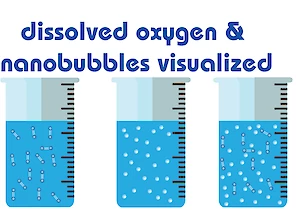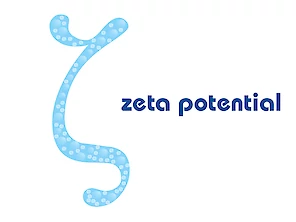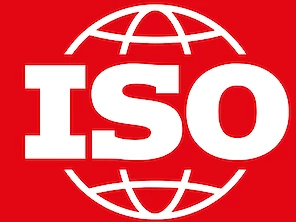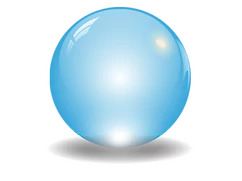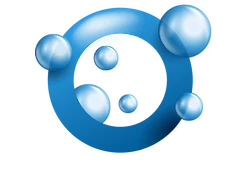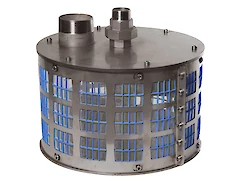UL is an American safety consulting and certification company.

Underwriters Laboratories Inc. was founded in 1894 by William Henry Merrill. Early in his career as an electrical engineer in Boston, a 25-year-old Merrill was sent by underwriters issuing fire insurance to assess risk, and investigate the World Fair's Palace of Electricity. In order to determine and mitigate risk, Merrill found it necessary to conduct tests on building materials. Upon seeing a growing potential in his field, Merrill stayed in Chicago to found Underwriters Laboratories.
Merrill soon went to work developing standards, launching tests, designing equipment and uncovering hazards. Aside from his work at UL, Merrill served as the National Fire Protection Association's secretary-treasurer (1903–1909) and president (1910–1912) and was an active member of the Chicago Board and Union Committee. In 1916, Merrill became UL's first president.
UL published its first standard, "Tin Clad Fire Doors", in 1903. In 1905, UL established a Label Service for certain product categories that require more frequent inspections. In 1906, UL introduced the UL Mark to indicate products that had passed their testing. UL inspectors conducted the first factory inspections on labeled products at manufacturers' facilities.
UL has expanded into an organization with 64 laboratories, testing and certification facilities serving customers in 104 countries.[6] It has evolved from its roots in electrical and fire safety to address broader safety issues, such as hazardous substances, water quality, food safety, performance testing, safety and compliance educationand environmental sustainability.
On January 1, 2012, Underwriters Laboratories transformed from a non-profit organization to a for-profit company in the U.S. A new subsidiary named simply UL LLC, a limited liability corporation, took over Underwriters Laboratories’ product testing and certification business.
Source: wikipedia
Links
2 Links to other pages: UL listed
UL is an American safety consulting and certification company headquartered in Northbrook, Illinois. It maintains offices in 46 countries.
Worldwide General Terms and Conditions for ACNITI LLC Minoh Osaka Japan
